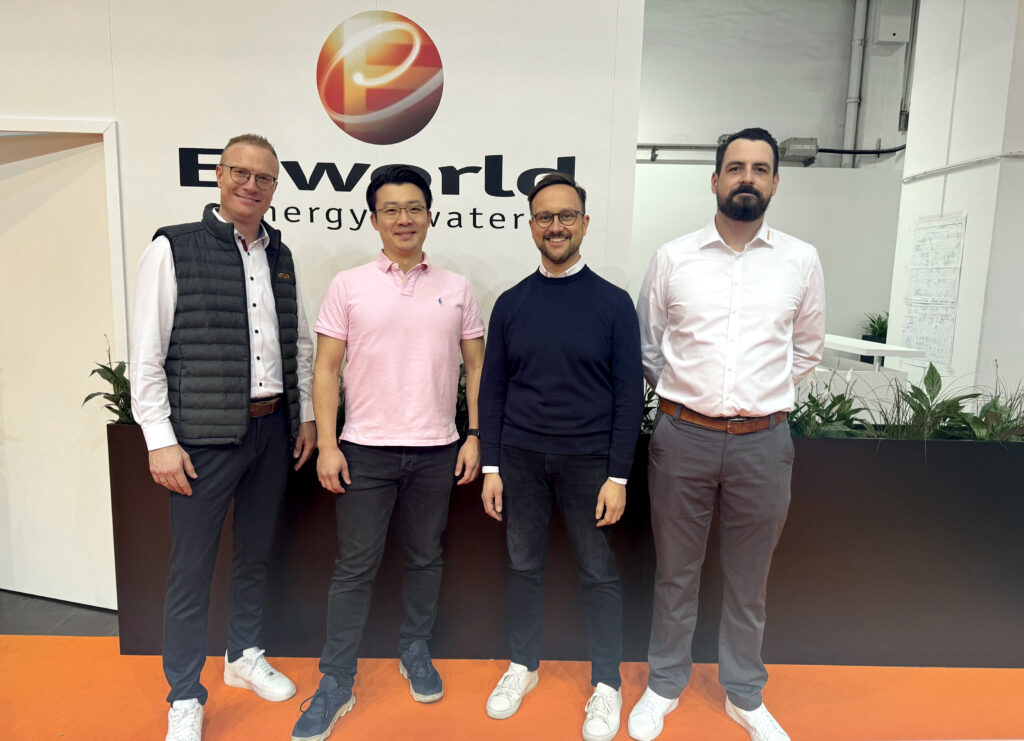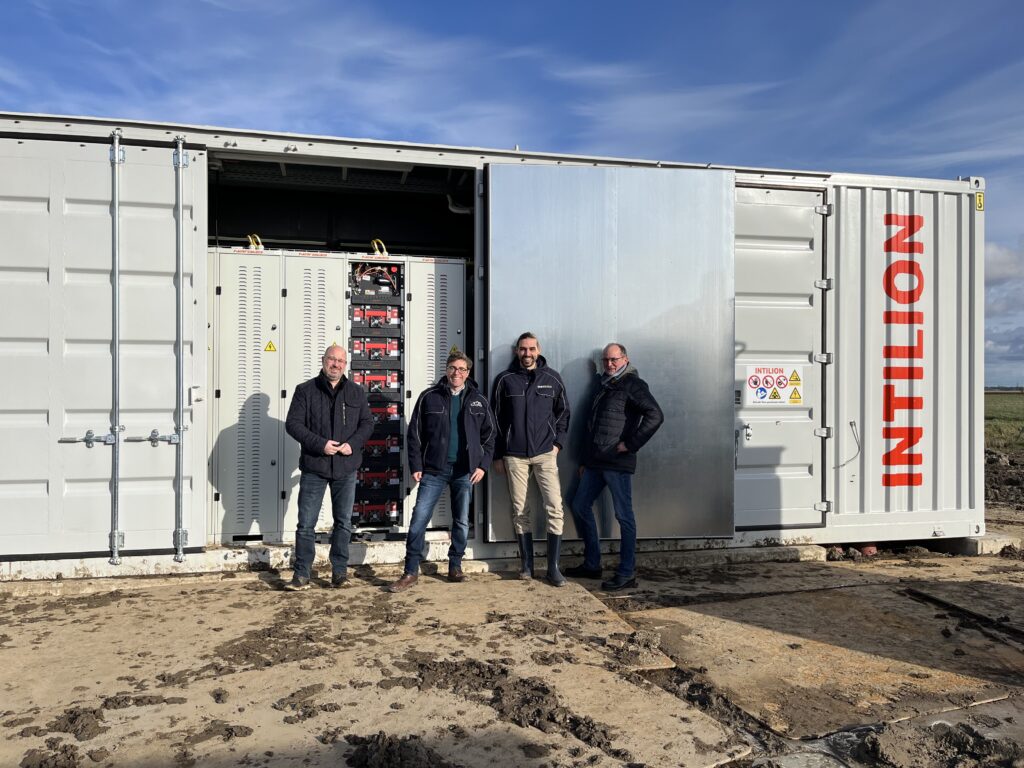A study by EUPD Research on behalf of the German Solar Industry Association came to the fatal conclusion that the draft law on the EEG 2021 would mean that over 20 years old photovoltaic systems with an output of up to 20 kWp could no longer be operated without losses. This means that up to 446,000 functioning PV systems with a total output of 3.37 GWp could be switched off and dismantled prematurely by 2030. From a purely technical point of view, these could continue to produce solar electricity for up to ten more years. This would result in the loss of 26.23 TWh of climate-friendly electricity by 2030.
Originally, the 2021 amendment to the EEG was intended to ensure the continued operation of photovoltaic systems, which will be dropped from the solar subsidy after 20 years from next year. However, many in the industry consider the envisaged regulations in the draft bill of the Federal Ministry of Economics and Technology to be inferior/low in value. The study “Economic dimension of discrimination against O20 photovoltaic systems in the cabinet draft EEG 2021” by EUPD Research, commissioned by the German Solar Industry Association (BSW-Solar), reinforces this attitude.
These assumptions are associated with immense economic effects. Among other things, there will be over 6.4 million tonnes of additional CO2 emissions, which may cause environmental costs of over €1.2 million. In addition, the storage industry will lose over €928 million in revenue by 2030, which will result in the loss of over 1,000 jobs in the storage industry and the maintenance of PV systems by 2030.
The short expert report shows that the continued operation of the subsidised photovoltaic systems would theoretically be possible for the operators without follow-up subsidies. A combination of solar own consumption and remuneration of the surplus electricity at wholesale prices would be sufficient. However, the planned conditions would have to be waived. In addition, the retrofitting of expensive measurement technology would be immensely high for small photovoltaic systems and would not provide any added value for grid stability. With the planned apportionment charge, the German government is also in breach of the EU Renewable Energy Directive, according to which own consumption in installations up to 30 kilowatts is to be made possible without levies and apportionments.
„Die Mehrzahl der Betreiber werden ihre Solaranlagen abschalten, sobald sie nach 20 Jahren aus der Förderung fallen, da sich ihr Weiterbetrieb dann nicht mehr rechnet. Ursache dafür sind geplante neue Auflagen zum Einbau teurer Messtechnik sowie die finanzielle Belastung selbst verbrauchten Solarstroms mit der EEG-Umlage“
Study author Martin Ammon, Managing Director of EUPD Research
Now the hope for considerable follow-up efforts regarding post-EEG plants and further regulations in the EEG draft is placed on the Bundesrat and the individual government delegates. If this does not happen, around 26 billions kilowatt hours of solar electricity could be lost. This corresponds to the annual electricity consumption of around 10 million average households in Germany.



